
Worker said the country has voluntarily suspended DCD use because New Zealand's international dairy customers expect their products to be residue-free, and there is no internationally accepted standard for residues for particular compounds.
An international standard has yet to be agreed for DCD, Worker said.
"The decision was taken not because of concerns for health or safety issues," Worker said. "But because of the desire to take precautions to avoid the risk of uncertainties and confusion."
But the ambassador said he regrets the lack of forewarning to the Chinese regulatory authorities, which would make it easier to stop confusion, uncertainty and doubts among Chinese consumers of New Zealand dairy products.
Worker met officials of the General Administration of Quality Supervision, Inspection and Quarantine on Monday morning, with the latter requesting a more detailed report from New Zealand authorities.
Wickham said at the news conference that he felt sorry for the confusion surrounding the issue, adding that he believes that there is some misunderstanding.
"It is not a safety issue and never has been," Wickham said. "China is an important market to New Zealand and we take it very seriously."
He said Fonterra is working with regulators to provide more information.
The news has prompted concerns among Chinese consumers and trade partners as New Zealand dairy products take up nearly 80 percent of China's dairy imports.
New Zealand dairy products, of which 95 percent are exported, will be hit by the latest news, said Jian Aihua, an analyst at CIConsulting.
Wang Jing, the mother of a 1-year-old and a loyal buyer of New Zealand milk powder brands, was disappointed after she heard the news.
"We buy foreign brands for their product safety. Which brand should I trust now?"
 |



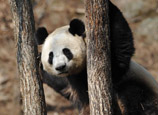
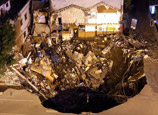
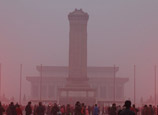


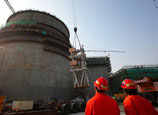
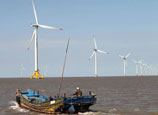






 Buildings collapse after subsidence in S China
Buildings collapse after subsidence in S China


![]()
